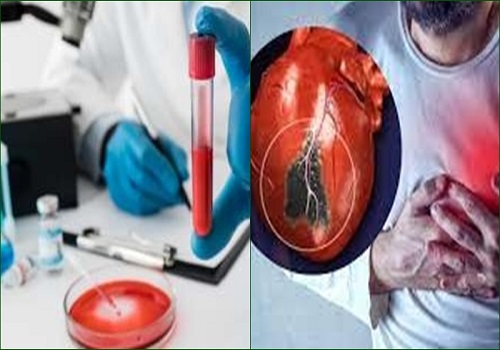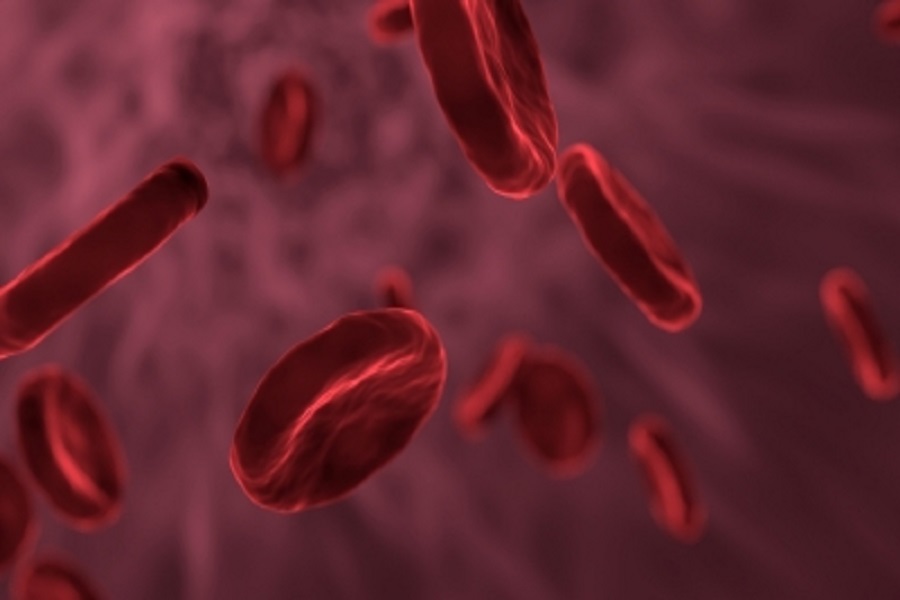A simple blood test to predict risk of heart attack within six months

A simple blood test can help detect several important biological processes that are active during the months before a heart attack, suggests a study.
Heart attacks are the most common cause of death in the world and are increasing globally. Many high-risk people are not identified or do not take their preventive treatment.
Now, researchers at Uppsala University in Sweden have found that the blood test can predict if you are at an increased risk of having a heart attack within six months.
The problem, according to the researchers, is that risk factors have previously been verified in studies involving five to ten years of follow-up, where only factors that are stable over time can be identified.
"However, we know that the time just before a heart attack is very dynamic. For example, the risk of a heart attack doubles during the month a divorce, and the risk of a fatal heart event is five times as high during the week after a cancer diagnosis," said Johan Sundstrom, a cardiologist and professor of epidemiology at Uppsala University.
"We wanted to develop methods that would enable the health services to identify people who will soon suffer their first heart attack," Sundstrom said, in the paper published in the journal Nature Cardiovascular Research.
The research group had access to blood samples from 169,053 individuals without prior cardiovascular disease in six European cohorts. Within six months, 420 of these people suffered their first heart attack. Their blood was then compared with blood from 1,598 healthy members of the cohorts.
"We identified around 90 molecules that were linked to a risk of a first heart attack. However, the samples that are already taken in health care now are enough to predict the risk. We hope that this will increase people's motivation to take their preventive medicine or stop smoking, for example," Sundstrom said.
The researchers have also developed a simple online tool in which anyone can find out their risk of having a heart attack within six months.
"This was one of the aims of the entire study since we know that people feel relatively low motivation to follow preventive treatments. If you find out that you happen to have an increased risk of suffering a heart attack soon, perhaps you will feel more motivated to prevent it," Sundstrom said.
The researchers will now study the 90 or so new molecules to understand them better and see whether there are any possibilities for treatment.
























